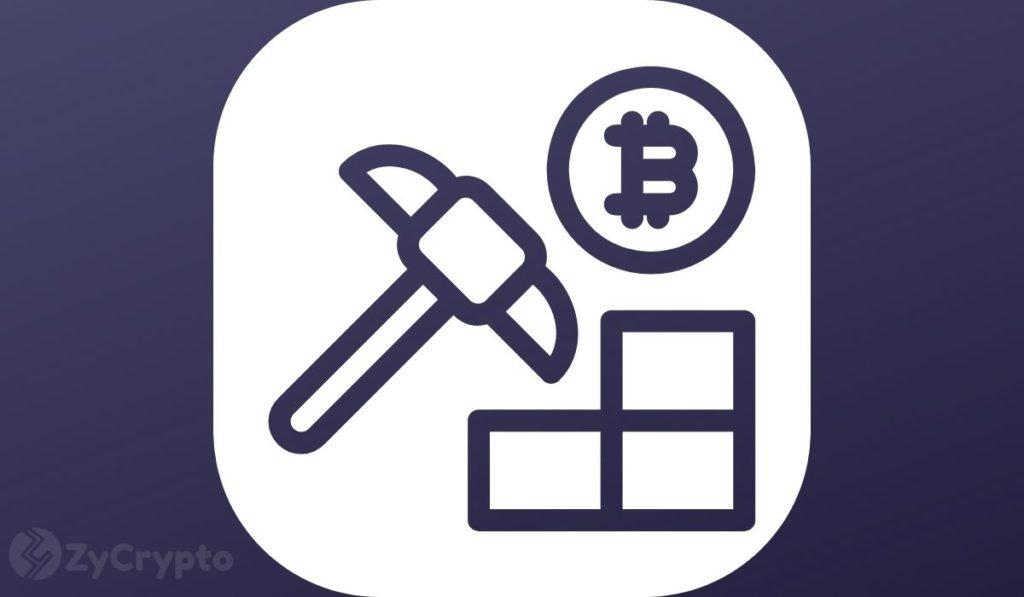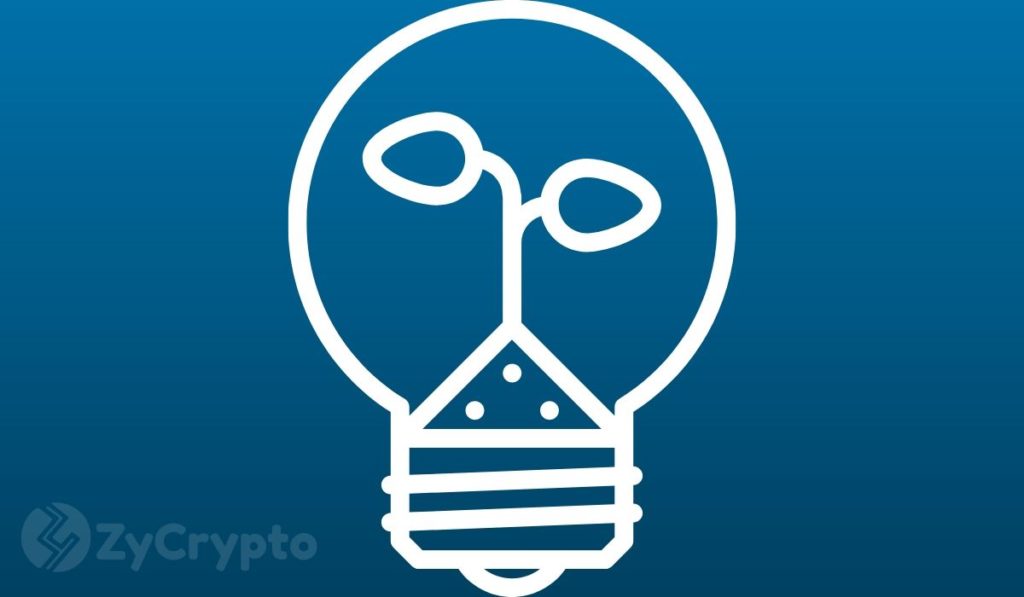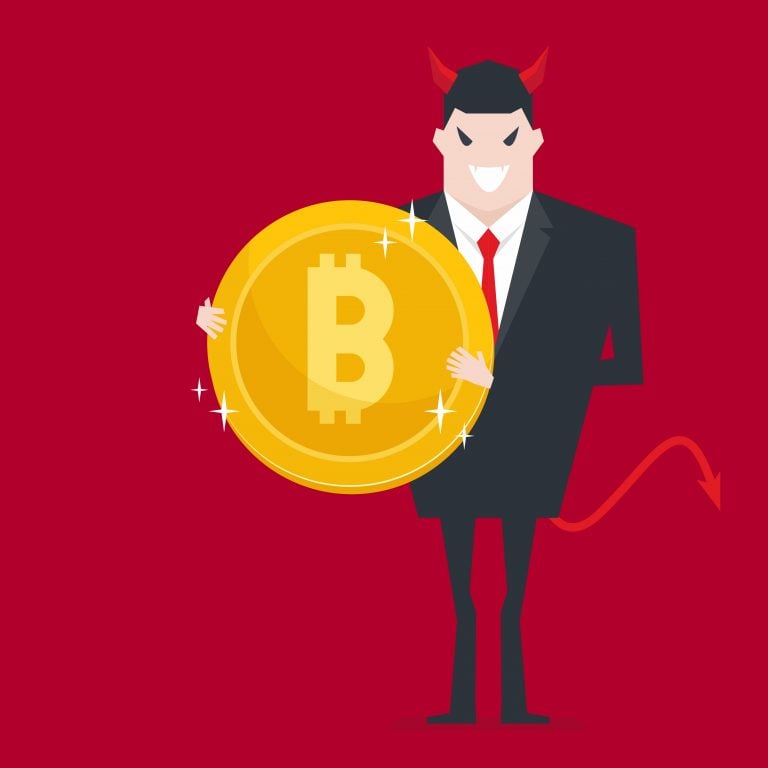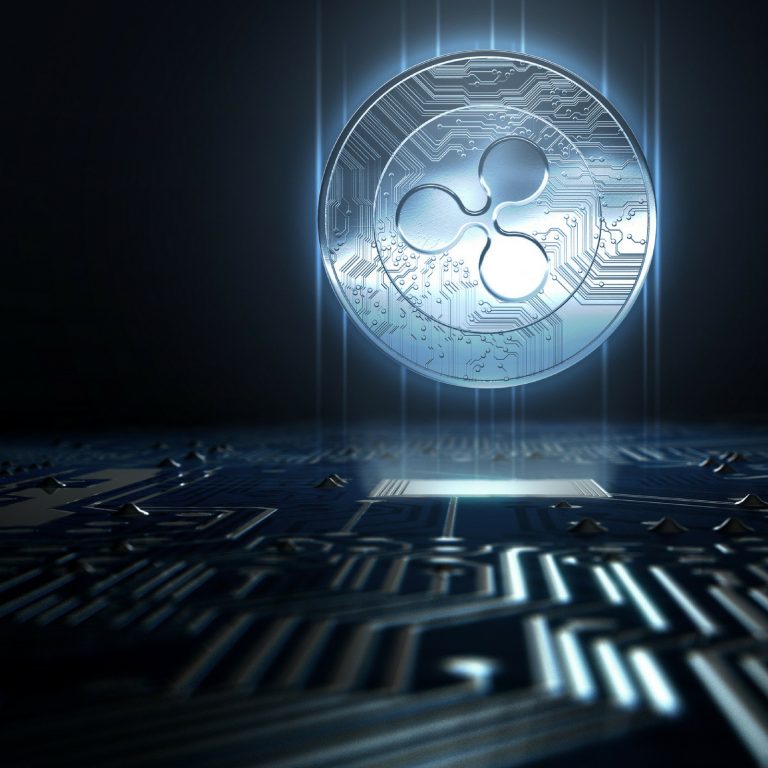2018-9-8 08:28 |
CEO of Ripple Claimed that the XRP Ledger Has More Decentralization Than Bitcoin Blockchain
Brad Garlinghouse is the CEO of Ripple Labs Inc, and he took the chance he had to speak at the TechCrunch conference this week to speak about Bitcoin. He also wanted to debunk some of the common issues that investors seem to have with XRP. One of the big topics was the accusation that Ripple has the power to freeze and roll back transactions that occur on the ledger. However, Garlinghouse attempted to put a stop to this by saying:
“Absolutely not. This is one of the FUD, kind of misinformation thing people say. Like Ripple can block a transaction? Not true.”
The host of this conference was editor Mike Butcher of TechCrunch, who opened up the conversation about Bitcoin, along with the creator Satoshi Nakamoto. This conversation quickly evolved into discussing the reaction of the crypto community when XRP first was launched. Even though BitCoin requires miners to be constantly active on their own ledger, Bitcoin’s creator “imagined a completely decentralized world within the Bitcoin blockchain.” That may be even be why Nakamoto is a pseudonym for the anonymous creator, so that even he could not control it.
Butcher believes that the fundamental mission of Bitcoin is significantly different from Ripple’s, considering that they have established a currency exchange, remittance network, and other projects. Furthermore, Ripple’s biggest backlash from the community came when it was discovered that they were pre-mining their currency.
The editor continued, saying:
“Okay. So, it’s already mined and then instituted handler of centralized nodes to create a highly scalable network … However, here’s what happened, all hell broke loose because crypto libertarians who believe in decentralization effectively, you know they thought it was ridiculous…”
He even added:
“… Apparently libertarians to this day, rail against Ripple and XRP and anyone who deal with them, including Arrington XRP. So, Brad, some of these libertarians, some of them, actually, literally, called you the devil… Lucifer.”
Of course, Garlinghouse was quick to note that he is not the devil at all, which is when Michael Arrington of Arrington XRP Capital told him that he would have to prove it. Garlinghouse likened investors’ belief systems and following to that of “religious zealots.” He expanded on how Ripple decided to take on a different role since their beginning, saying,
“If you want to really revolutionize the way payments work, if you really want to revolutionize the way transactions work in this regard, it’s not gonna happen by everybody giving up their existing infrastructure and just switching to something new as much as I am actually a bowl on Bitcoin. The Bitcoin blockchain is not going to be one ledger to rule them all.”
Ripple is responsible for the creation of many types of technologies that they have used to enhance their ledger, which opens the door for banks and other institutions to speed up transactions. Coming back around to the accusations against Ripple as the devil, he said,
“If you want to enable an internet of value, got to connect the repositories of value and the repositories of value are the banks.”
However, that did not conclude the discussion. Butcher brought up the fact that banks did not choose decentralization, but Garlinghouse retorted that the XRP ledger is completely decentralized. Still, Ripple itself owns 7% of the public notes, which is a smaller fraction than what Bitcoin’s Chinese miners possess. He even said,
“…Miners control 50% of the blockchain, by any measure, the Bitcoin blockchain is more centralized than the XRP ledger.”
Along with Garlinghouse, one other Ripple representative that has had to come to its defense has been David Schwartz. However, no comments appear to have been made from Schwartz in this discussion.
Similar to Notcoin - Blum - Airdrops In 2024
Bitcoin (BTC) на Currencies.ru
|
|










